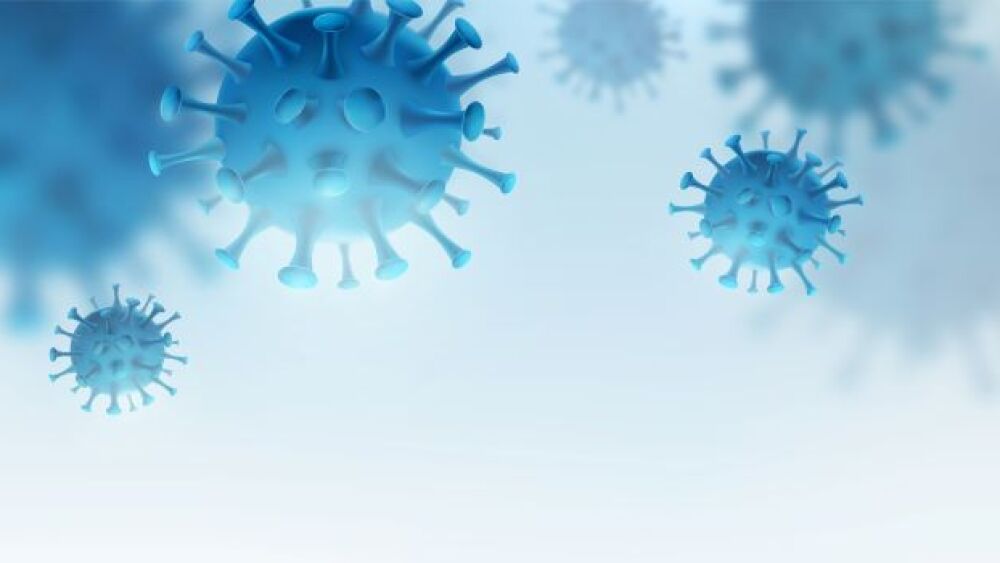The vast majority of COVID-19 vaccines on the market or in development are administered through an injection, but Vaxart is attempting to develop an oral vaccine.
The vast majority of COVID-19 vaccines on the market or in development are administered through an injection, but South San Francisco-based Vaxart is attempting to develop an oral vaccine. This morning, the company released preliminary data that showed its medication was well-tolerated and generated an immunogenic response.
Despite that seemingly positive news, share prices have plunged more than 50% in premarket trading. And that may be due to the fact that neutralizing antibodies were not discovered in patients who took the preventative medication. However, the company said its vaccine candidate VXA-CoV2-1 triggered multiple immune responses against SARS-CoV-2 antigens, including CD8+ cytotoxic T-cell response to the viral Spike (S) protein. This response is necessary for long-lasting cross-reactive immunity, the company said. Vaxart added the T-cell response is higher than it has seen in any previous Vaxart clinical trial.
Vaxart Chief Scientific Officer Sean Tucker pointed to the T-cells as a positive sign of efficacy. Tucker said T-cells can provide long-lasting cross-reactive protection against current and emerging strains of the virus.
“Our vaccine induced a high percentage of responding CD8+ T cells against both Spike (S) and Nucleoprotein (N) proteins, which may provide protection against variants with alterations in the faster-changing S protein. We expect that our vaccine will be less impacted by new variants than injectable vaccines,” Tucker said in a statement.
Additionally, Vaxart said those who received the vaccine saw an increase in plasmablast cell number and an upregulation of the mucosal homing receptor, indicating activation of B cells that will home to the mucosa. Also, vaccine recipients saw an increase in proinflammatory Th1 cytokines, which are responsible for orchestrating the immune response to viral infection.
“Our Phase I results highlight the importance of our differentiated vaccine design, as they suggest VXA-CoV2-1 could have broad activity against existing and future coronavirus strains. These results are timely, as we are seeing the emergence of new variants less responsive to first-generation vaccines, thus making potential cross-reactivity another important advantage of next-generation vaccines,” Andrei Floroiu, Vaxart’s chief executive officer said in a statement.
Vaxart expects to initiate Phase II studies for its oral vaccine.
Elsewhere in the fight against COVID-19:
BMS Licenses mAb treatment
Bristol Myers Squibb licensed a novel monoclonal antibody duo treatment from The Rockefeller University that is believed to neutralize the virus. The mAb could be use as both a therapeutic, and a preventative treatment, BMS said.
The novel treatment is a combination of two mAbs directed at blocking the SARS-CoV-2 spike protein and neutralizing the virus. The mAbs have been engineered to be highly potent and stable, allowing them to last longer in the bloodstream, BMS said. Preclinical data suggest that this could enable effective treatment against multiple variants of the virus using a low dose subcutaneous administration, which would increase access to the medicine by eliminating the need for intravenous infusion, the company added.
“Ultimately, should the clinical development be successful, these advantages could potentially help expand access globally, including to low- and middle-income countries and to communities where healthcare resources are limited—a goal that both institutions will jointly work towards,” BMS said in a statement.
Phase I trials to assess dosing for IV and subcutaneous formulations began in January.
Humanigen Boosts Manufacturing for Lenzilumab
Avid Bioservices signed a manufacturing agreement with Humanigen to expand production capacity for lenzilumab, Humanigen’s therapeutic candidate in development for COVID-19. Lenzilumab is an anti-human granulocyte macrophage-colony stimulating factor (GM-CSF) monoclonal antibody designed to prevent and treat an immune hyper-response called “cytokine storm” associated with COVID-19. Humanigen has completed enrollment of its 520 patient Phase III clinical trial of lenzilumab in hospitalized COVID-19 patients.
The collaboration enhances commercial production efforts for lenzilumab in advance of potential filings for emergency use authorization and subsequent Biologics License Application later this year, Humanigen said.
“Having recently completed enrollment in our Phase III clinical trial of lenzilumab, we are also focusing on scalable manufacturing capacity to help ensure access in advance of a potential EUA filing,” Humanigen CEO Cameron Durrant said in a statement.





